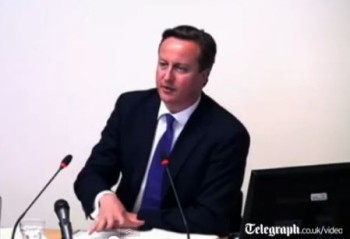
David Cameron testifying at the Levinson Inquiry of the media in 2012. (Credit: YouTube, "telegraphtv," screenshot)
UK Prime Minister David Cameron testified before the Leveson Inquiry into press standards and practices last week.
Cameron and other politicians’ relationships with the press have been called into question during the UK phone hacking scandal. Specifically, Cameron’s hiring of former News of the World editor Andy Coulson as his communications director has been called into question. Coulson resignedfrom News of the World in 2007 after News of the World’s reporter Clive Goodman was convicted for phone hacking. Coulson resigned in January 2011 as Cameron’s communications director because, he said, “continued coverage of events connected to my old job at the News of the World has made it difficult” to work and “when the spokesman needs a spokesman it’s time to move on.” Also, Cameron is friends with both former News International CEO Rebekah Brooks and her husband Charlie.
During his June 14 testimony, Cameron commented that there is currently “not a particularly trusting” and a “bad relationship” between UK politicians and the media but that there was “too close” of a relationship “in the last 20 years,” according to the Guardian’s live blog.
In his witness statement, he wrote that as “leader of the Conservative party..I also considered it was important to have good relations with Rupert Murdoch because at this time his newspapers were supporting the Labour government and I wanted to raise awareness of what I perceived to be the faults in that administration and in their policies….I did hope that in time we would have the support of News International’s papers, after all these newspapers fundamentally shared the same views on society and the free market as the Conservative party.”
According to the Guardian’s analysis, Cameron’s testimony on his relationship with Rebekah Brooks “caused him most embarrassment.” Also, the Guardian noted that Cameron’s testimony about getting “repeated assurances” from Coulson about phone hacking, “contrasted with Coulson’s comments” that Cameron didn’t ask.
Cameron also said, according to the Guardian‘s live blog,
“Of course I wanted to win over newspapers … but I didn’t do it on the basis of saying overtly or covertly that ‘your support will give you a better [position] on this policy or that policy.'”
Cameron on Hiring Andy Coulson, former NOTW Editor
Cameron also told the inquiry that Coulson advised him on “how to win over the Sun,” and defended Coulson’s hiring and work, accordingto the Guardian. Cameron said “In the end it was my decision” to hire him and that “If someone had given me evidence that he knew about phone hacking,” Coulson wouldn’t have gotten the job.
Further, in his witness statement, Cameron said:
“I took the view that because he had given me repeated assurances that he had no knowledge of hacking, he deserved a second chance… With 20:20 hindsight and all that has followed, I would not have offered him the job and I expect that he would not have taken it … You do not make decisions in hindsight, you make them in the present.”
He also said that hiring Coulson “has come back to haunt both him and me”.
Cameron weighed in on UK press regulation and called for a stronger, independent “regulatory system” with powers and requirements of member newspapers. However, according to the UK Telegraph’s live blog of his testimony, he indicated that the close relationship between press and politics is a “culture thing.”
Cameron also defended the BSkyB bid, said he “recused myself from the decision altogether,” and didn’t have any “inappropriate conversations” with the Murdochs or Brooks. Murdoch’s News Corp. dropped its bid to buy controlling shares of BSkyB, British Sky Broadcasting, last July following revelations that News of the World hacked murdered teenager Milly Dowler’s phone.


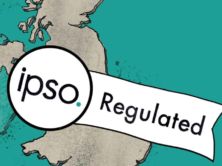
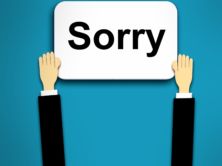
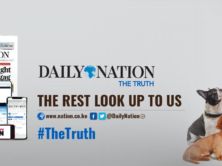
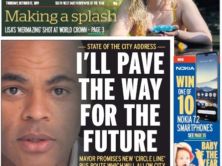
Comments Terms and Conditions